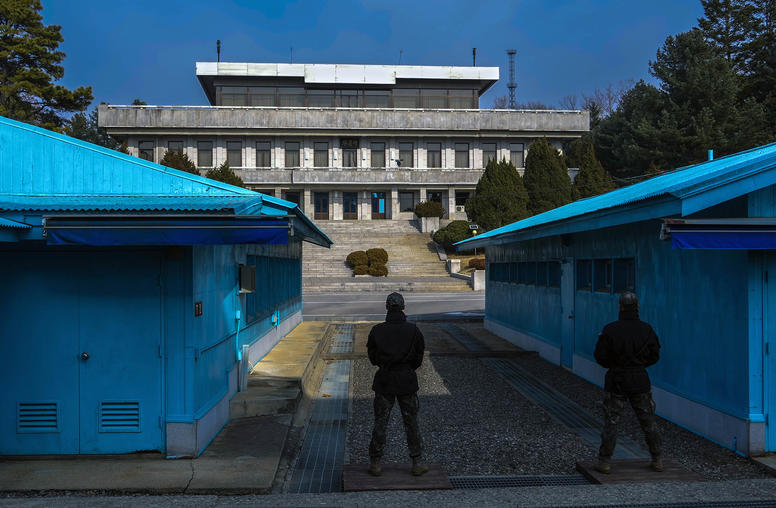The Impact of Coronavirus on North Korea
Despite reporting no cases of the COVID-19 virus, North Korea remains especially vulnerable to the pandemic due to its poor health infrastructure and proximity to virus hotspots. An outbreak of COVID-19 in North Korea could have crippling political and socioeconomic consequences for the country, including reduced access to food and greater internal instability. Though the U.N. Sanctions Committee has provided some exemptions to help North Korea deal with the coronavirus, humanitarian workers are still limited by travel and financial barriers as they try to obtain medical equipment and other aid. Meanwhile, Pyongyang’s lack of transparency compounds the difficulty of obtaining accurate information.
Continue the conversation on Twitter with #NorthKoreaCOVID.
Stalled denuclearization talks have hindered hopes of U.S. engagement with North Korea on the pandemic. But a COVID-19 outbreak in North Korea could have long-term implications for U.S. national security interests, including the U.S.-South Korea alliance and peace on the Korean Peninsula.
On April 14, USIP hosted an online discussion with experts on the latest information regarding the COVID-19 situation in North Korea, the impact of COVID-19 on North Korea’s isolation vis-à-vis the international sanctions regime, the potential for instability in North Korean society, and the potential for sanctions relief to aid coronavirus response efforts.
Speakers
Jessica Lee
Senior Research Fellow, East Asia Program, Quincy Institute for Responsible Statecraft
Keith Luse
Executive Director, National Committee on North Korea
David Maxwell
Senior Fellow, The Foundation for Defense of Democracies
Dr. Kee Park
Lecturer on Global Health and Social Medicine, Harvard Medical School and Director of the North Korea program, Korean American Medical Association
Scott Snyder
Senior Fellow for Korea Studies and Director of the Program on U.S.-Korea Policy, Council on Foreign Relations
Frank Aum, moderator
Senior Expert, North Korea, United States Institute of Peace



